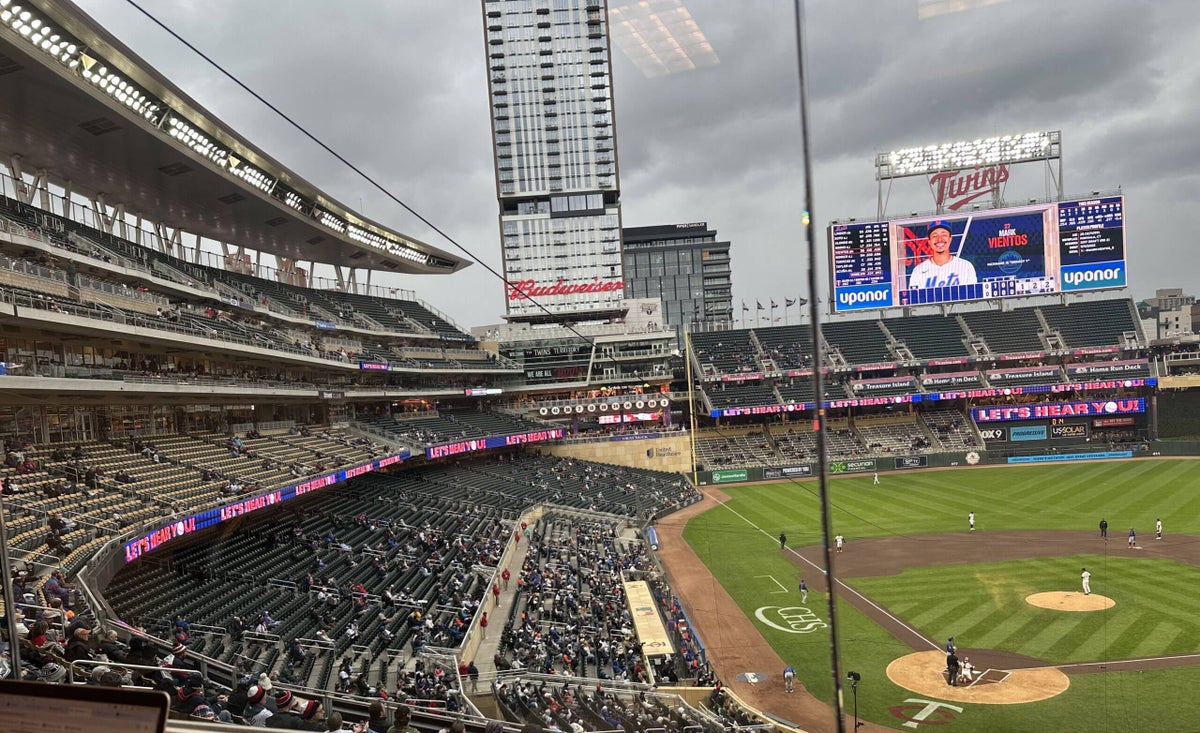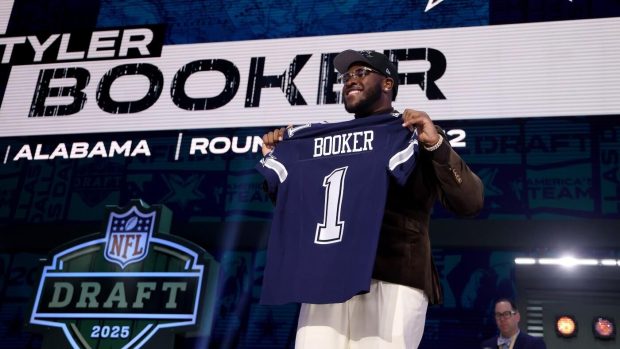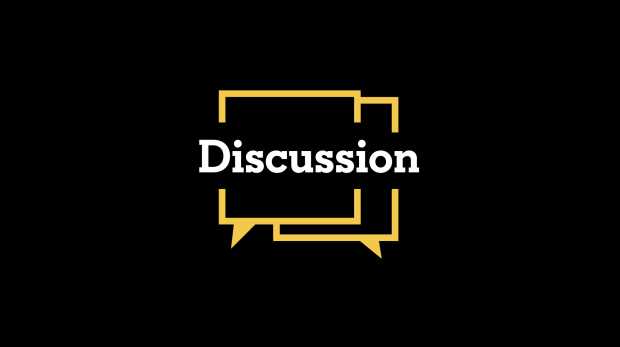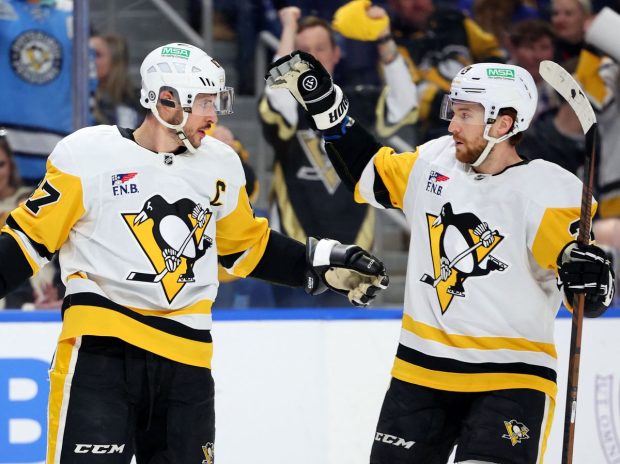

MINNEAPOLIS — Attendance at Monday night’s game against the New York Mets laid bare just how far the collective morale of Minnesota Twins fans has fallen since the excitement of October 2023 at Target Field.
In the seventh inning of yet another frustrating loss, the team declared an announced attendance of 10,240. As always, that figure represents tickets sold rather than actual fans in seats, a much smaller number.
Advertisement
Not only was 10,240 the lowest official attendance in the 16-year history of Target Field, which opened in 2010 and has a capacity of nearly 40,000, but it also was the lowest attendance for any Twins home game since April 30, 2002, against the Tampa Bay (Devil) Rays at the Metrodome. (This doesn’t include the COVID-19-affected 2020 and 2021 seasons with fan restrictions.)
How long ago was April 30, 2002? Well, it was one season before a 20-year-old center field prospect named Rocco Baldelli made his MLB debut for the same Rays. And it was just five months before a 19-year-old college student named Aaron Gleeman started blogging about the Twins.
Having looked in the mirror this morning, let me tell you: That was a very long time ago.
Target Field at first pitch. pic.twitter.com/WXUMn2c6pF
— Jimmy Lonetti (@DJGloveRepair) April 14, 2025
But it hasn’t been very long since Twins fans, at this same sold-out park, were celebrating a division-winning team snapping a two-decade playoff losing streak. Less than 18 months later, the fans are watching — or, more accurately, not watching — a team that’s gone 89-92 (.492) since, including 7-12 (.368) this season and 19-39 (.328) in its last 58 games.
In timing so bad it could be studied in business school as a cautionary tale, the Pohlad family slashed payroll by $30 million coming off the first playoff success in 20 years, weakening the roster and halting momentum — as well as ticket sales — for a fan base that was just starting to believe again.
Then came last season’s collapse, when the Twins squandered 90 percent odds to make the postseason by finishing 12-27. And now here we are, with those late-2024 struggles bleeding into early 2025, and fans showing their dissatisfaction with the team’s owners and on-field performance by simply not showing up to the ballpark.
Advertisement
For the just-completed three-game series against the Mets — a big-market, big-spending contending team with a star-studded roster whose own home attendance has skyrocketed this year — the Twins sold only 10,240, 12,507 and 19,721 tickets. And many of those were to Mets fans, who predictably made their presence known at Target Field.
Through the first nine home games this season, the Twins’ average attendance is 17,995, which ranks 25th out of 30 teams. More worrisome for Twins officials: That represents a 9 percent drop in attendance compared to the first nine home games last year, equating to 1,600 fewer fans per game.
Yes, it’s been cold and windy at many of the first nine games this year. But it’s cold and windy for April games at Target Field every year. This season isn’t appreciably colder or windier, and Twins fans have been willing to buy more tickets in worse weather when motivated in past years.
A couple days before we head to Vegas, so why not stop at the ballpark?
First trip to Target Field this season pic.twitter.com/9TYNp7pb80
— Anthony LaPanta (@AnthonyLaPanta) April 16, 2025
This drop in attendance can be traced directly to fans’ frustration with the team’s performance, disappointment with the direction of the franchise and contempt for ownership, which has been “exploring a sale” of the club since October. Reaping, sowing, etc.
Although, somehow, the Twins may not have seen this coming.
In his final State of the Twins address at the annual media day luncheon in January, outgoing team president Dave St. Peter said of their internal 2025 attendance projections: “This year our target is 2 million-plus tickets. It’s my belief we can get there in 2025 and hopefully well beyond.”
That should have hit every ear in the room as wildly optimistic considering the Twins haven’t reached 2 million tickets sold since 2019 and were four months removed from a season-wrecking, morale-tanking collapse, having made no substantial additions to the roster all winter. In fact, it’s been over two years since the Twins acquired a player making more than $6.5 million.
Advertisement
It’s already apparent the Twins aren’t selling anywhere close to 2 million tickets. They will likely have trouble reaching the full-season low for Target Field attendance, which is 1.8 million from 2022, although how they play is a key variable. Their current pace of 1.46 million would be the Twins’ fewest tickets sold since 2000, for a 93-loss team at the Metrodome.
Their season ticket base has shrunk considerably, to fewer than 10,000. And the combination of typical April weather, fan resentment toward ownership and the team’s poor play has suppressed walk-up sales, which will only get worse if the losing continues and the Pohlads decide to not sell the team.
Joe Pohlad has repeatedly indicated the family treats the Twins as just one of their many businesses, rather than viewing themselves as the billionaire stewards of a beloved community asset under no obligation to turn annual profits in addition to the franchise valuation that’s risen from $44 million in 1984 to an estimated $1.5 billion to $1.7 billion today.
I asked #MNTwins owner Joe Pohlad about payroll and why the team is treated as just another typical business.
Here’s a full transcript of my question, his response, and two follow-up questions that I asked after hearing it. pic.twitter.com/wqHH7Hfxcx
— Aaron Gleeman (@AaronGleeman) September 29, 2024
It started last spring, with Pohlad’s now-infamous “right-size the payroll” comments during a radio interview, and continued in September with an end-of-the-season media session during which he attempted to justify the post-2023 payroll cuts as a “business decision.”
“We were headed down a great direction and I had to make a very difficult business decision,” Pohlad said. “That’s just the reality of my world. I have a business to run, and it comes with tough decisions. I wouldn’t make any other decision, because that’s the position we were in.”
But as Twins fans have learned the hard way throughout four decades of Pohlad family ownership, running the Twins as a business isn’t necessarily the same as running that business well. Every “business decision” made by the Pohlads has consequences for the team and for its fans.
Now the Pohlads are learning the hard way that when you make it obvious you view the team as a business, fans will follow suit by viewing the team as a product requiring motivation to buy, judged solely on its merits rather than on emotional attachment or a sense of obligation to support.
Advertisement
And, quite frankly, the product being offered by the Twins hasn’t been good enough to entice potential customers to spend money to watch a struggling roster built by an inactive front office hindered by lame-duck owners who set this whole downward spiral in motion with a “business decision.”
Don’t blame fans. They’re just making their own business decision now.
(Photo of Monday’s Twins-Mets game at Target Field: Aaron Gleeman / The Athletic)
This news was originally published on this post .









Be the first to leave a comment